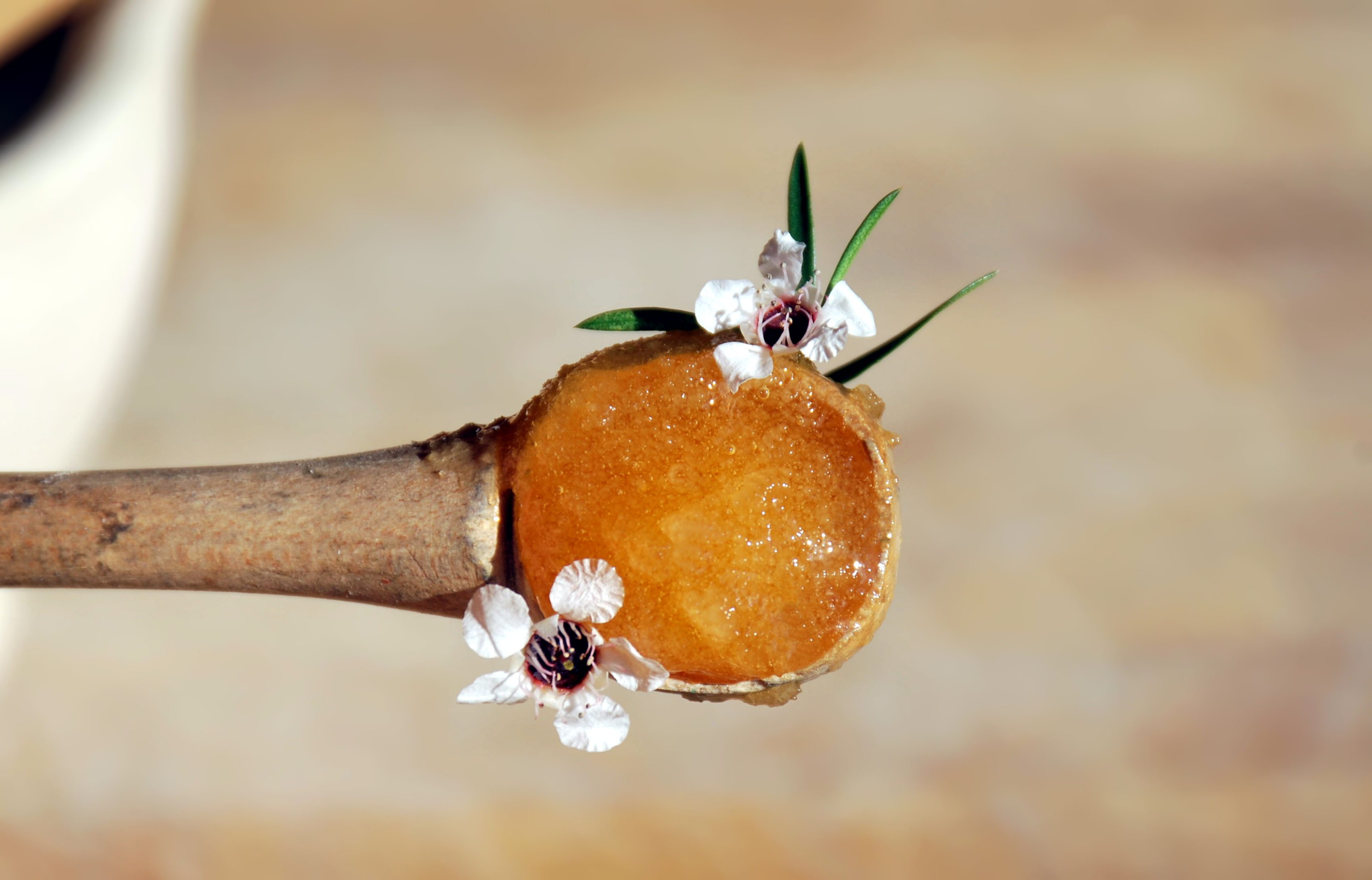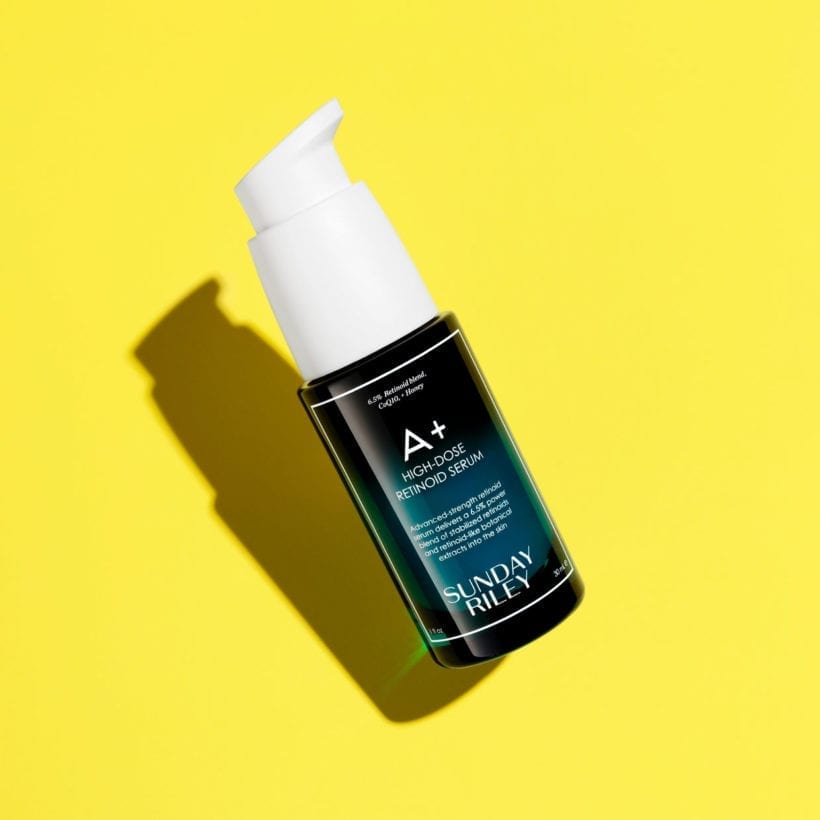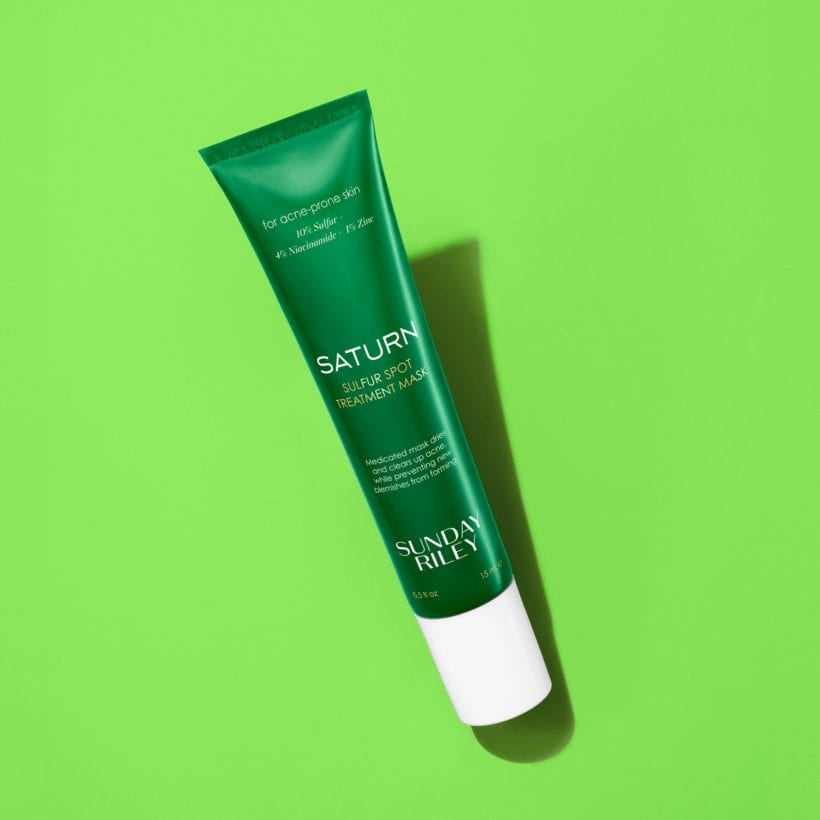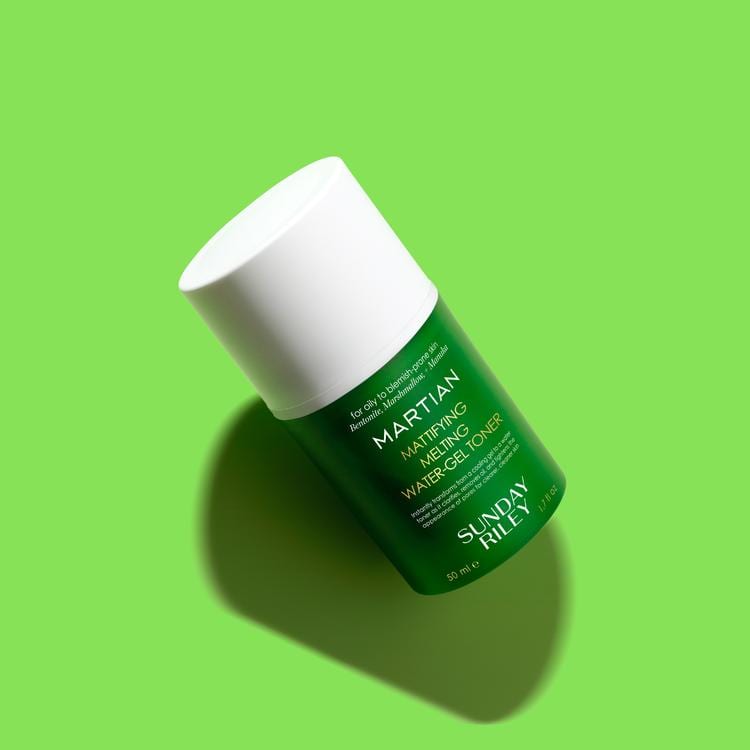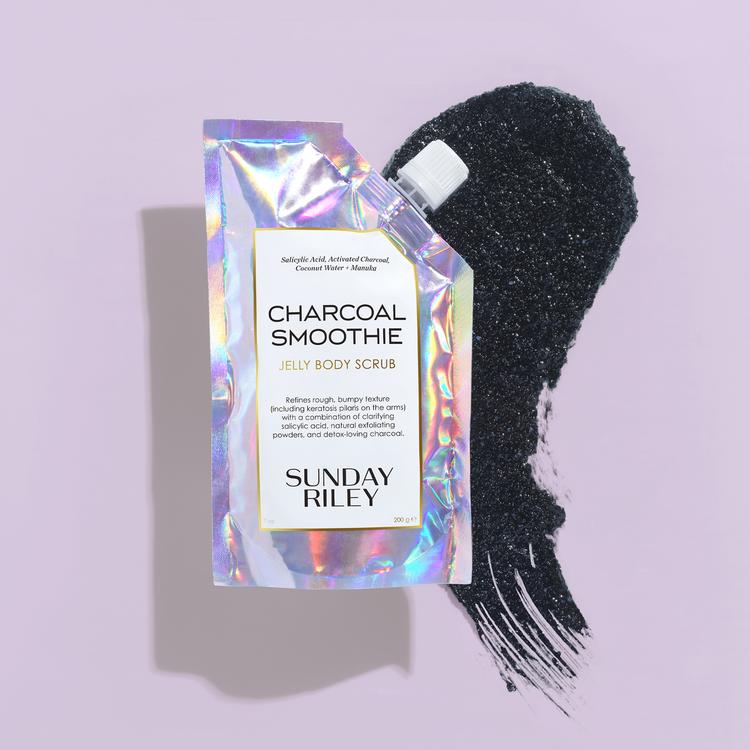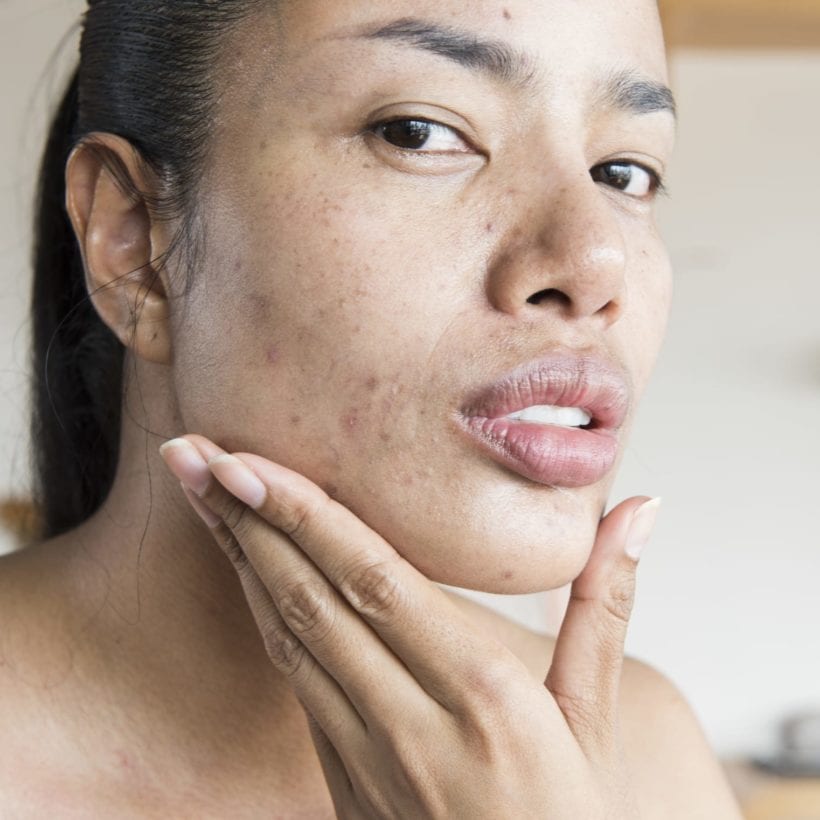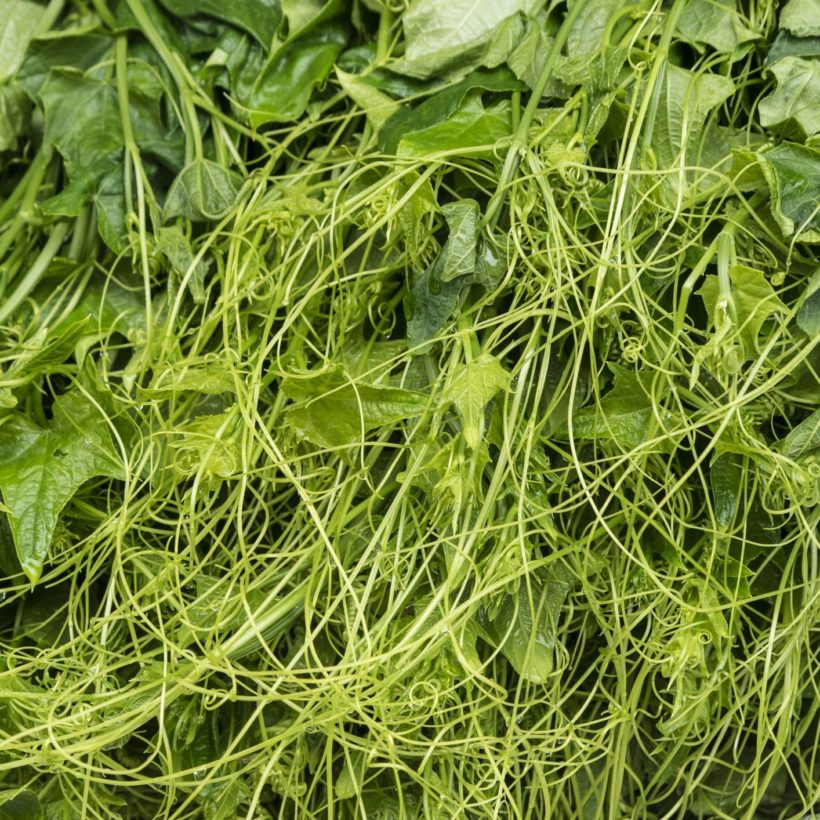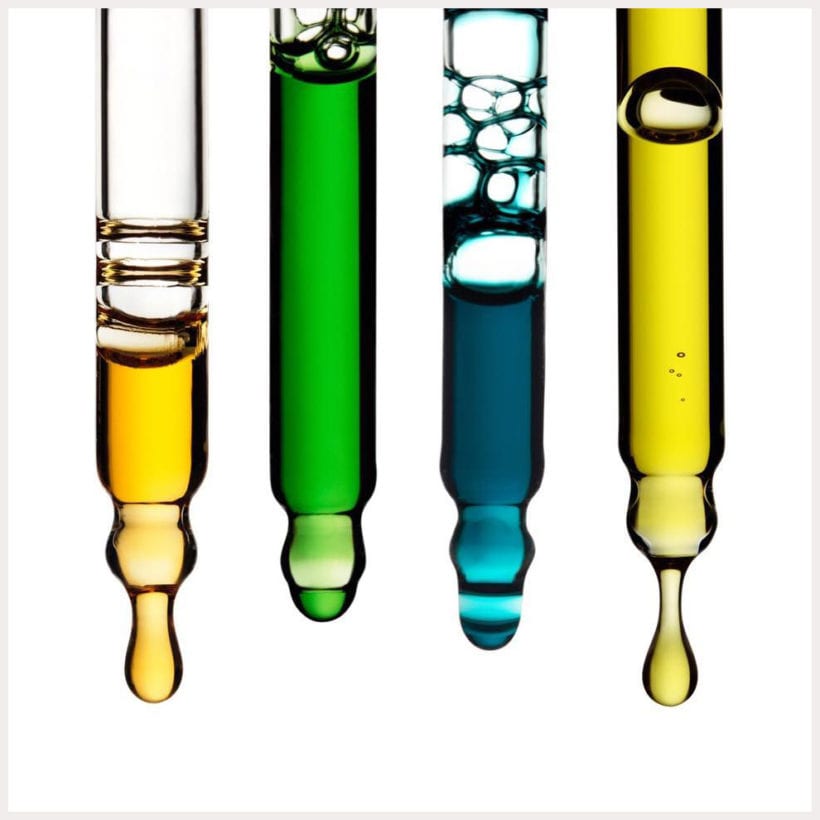You’ve probably heard the buzz over manuka honey for its healing powers for everything from burns, wounds and digestive issues. Now it’s time to meet its lesser-known relatives, oil and extract. “From containing anti-microbial properties to anti-inflammatory properties, manuka is an amazing natural remedy,” says Dr. Tricia Pingel, an Arizona-based naturopathic physician.
Let’s take a quick look at this wonder plant. The manuka bush, native to New Zealand (and parts of Australia), has been used for medicinal purposes for centuries, first by the Maori people, who introduced Captain James Cook to the plant, who then introduced it to Europeans. The oil is steamed out of the leaves, while the extract can come from leaves, roots or bark. Those who adhere to a vegan lifestyle will appreciate that the oil and extracts don’t rely on worker bees to pollinate the flowers while in bloom, collecting the nectar on their bodies. It’s also worth noting that though manuka is sometimes referred to as tea tree, “Manuka is much more potent,” says Dr. Kenneth Mark, cosmetic dermatology expert.
Though honey “has been far more studied” than the oil, says Dr. Pingel, the research supporting the power of the latter is gaining momentum. For example, one prominent study released last year shows the oil also has strong anti-microbial properties, same as the honey, but that the “active components differ slightly” between the honey and oil when it comes to battling bacteria, says Dr. Pingel. A colleague of Dr. Pingel’s treated a patient with severe burns after a tractor accident by covering the bandages in manuka honey. “The wound remained free of infection and healed the skin beautifully,” she says. Likewise, Dr. Mark has seen his patients “consistently heal faster” by applying manuka in two scenarios: “Open wounds after skin cancer surgery and healing wounds after fractional CO2 laser resurfacing with the Mixto laser.” Based on studies and anecdotal evidence, the U.S. FDA approved over-the-counter sales of bandages infused with manuka honey.
This anti-bacterial nature is one of the reasons manuka is in cleansers, moisturizers, masks and acne products, says Dr. Mark. It’s also an attractive ingredient because it doesn’t dry out the skin like other anti-acne products can, which in turn causes an increase in oil production in the skin. “It draws in moisture,” explains Dr. Pingel.
Don’t worry, however. You don’t need to slather sticky sap on yourself to reap the benefits. You can find it in Sunday Riley Martian Mattifying Gel Toner, especially good for oily, blemish-prone skin. The ingredients, including manuka extract from the bark and leaves, calm skin, tackles bacteria and reduces redness. Manuka oil is also one of the star ingredients in the Saturn Sulfur Spot Treatment Mask, which helps clear up blemishes. And it can be found in the Charcoal Smoothie Jelly Body Scrub, where it works with other potent ingredients to decongest pores and slough off dead cells to leave skin looking fresh.
Is there anyone who should avoid manuka as an ingredient? “Those allergic to bees should avoid manuka honey due to potential allergic reaction,” says Dr. Pingel. But topical use of the oils and extracts have no known side effects. Just one more tick in the awesome box for manuka.
We only recommend products we have independently researched, tested, and loved. If you purchase a product found through our links, Sunday Edit may earn an affiliate commission.
